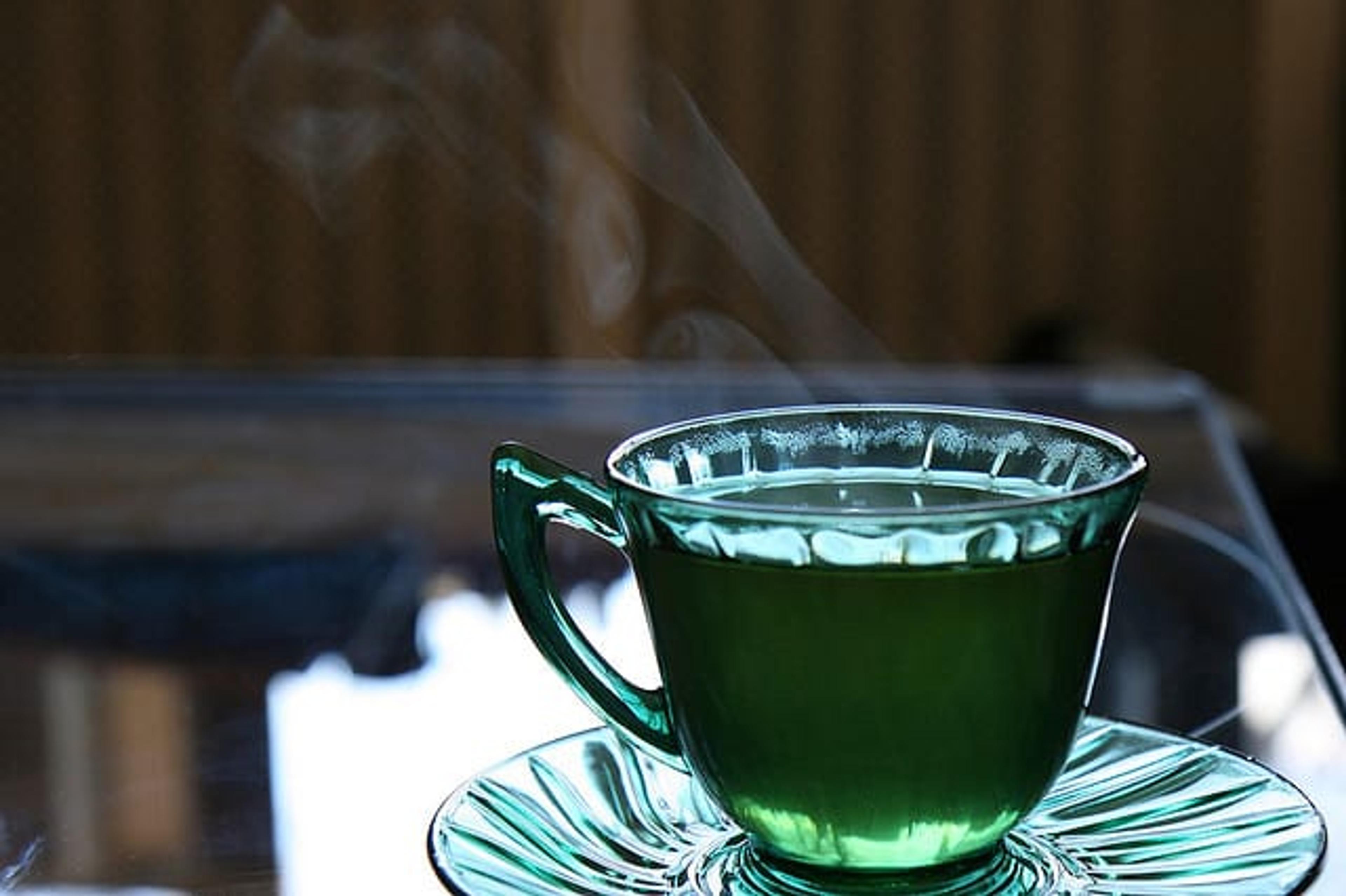Beyond Water: Winter hydration tips
| 1 min read

There’s nothing like an ice-cold glass of water to quench your thirst…in the summer! But while water is definitely less tempting in the winter, staying hydrated is just as essential to keep your body functioning well and avoid sickness. (We covered all the H20 basics here.) Plus, drinking up will help refresh your dry skin and lips caused by the harsh winter air.
We understand that water can be hard to swallow (pun-intended) during the cold Michigan winter months. So although experts recommended drinking 6 to 8 glasses of water every day, there are some other easy ways to boost your hydration:
Drink hot beverages. Warm water with lemon and hot teas are great at keeping you hydrated, making you feel full, and warming you up on brisk days. A win-win-win!
Avoid soda, espresso, and alcohol. Or at least limit your intake. Sure they’re liquids, but caffeine and alcohol can actually make you more dehydrated.
Use a humidifier. This will help keep your body hydrated, inside and out. Adding moisture to the air helps eliminate scratchy throats and dry skin.
Eat your fluids. Fruits and vegetables are a great source of water. Cauliflower, broccoli, celery, tomatoes, strawberries, and cantaloupe are all made up with more than 90 percent water.
Photo credit: Marco Arment





